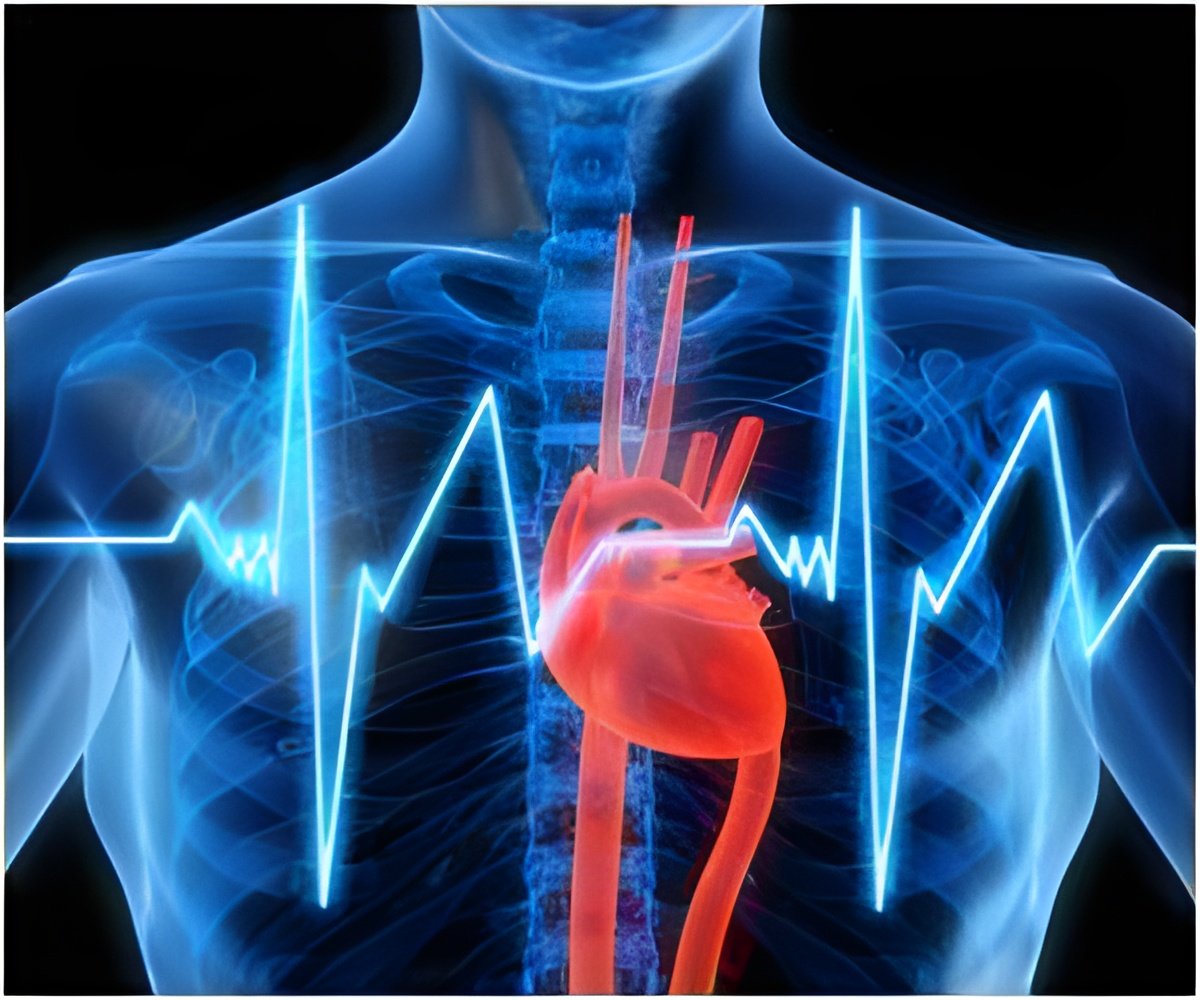
Nadia A. Khan, M.D., M.Sc., of the University of British Columbia, Vancouver, Canada, and colleagues evaluated sex differences in how younger patients with ACS presented for medical care. The study included 1,015 patients (30 percent women) who were 55 and younger, hospitalized for ACS and enrolled in a study of gender, sex and cardiovascular disease. The median (midpoint) age of the patients was 49 years.
According to the results, chest pain was a presentation symptom in about 80 percent of both sexes, but a higher proportion of women than men present without it (19 percent vs. 13.7 percent). Young women without chest pain also had fewer symptoms in general compared to women with chest pain (average number of symptoms, 3.5 vs. 5.8) with similar findings in men (2.2 vs. 4.7 symptoms). The most common non-chest pain symptoms in both sexes were weakness, feeling hot, shortness of breath, cold sweat and pain in the left arm or shoulder. Women without chest pain, however, had more symptoms than men without chest pain, the results also indicate.
The study notes patients without chest pain did not differ from those with chest pain in ACS type, troponin level elevation (heart muscle protein in the blood) or coronary stenosis (narrowing).
"The most significant findings in this study were that chest pain was the most predominant symptom of ACS in both men and women 55 years or younger, regardless of ACS type. Women had a higher likelihood of presenting without chest pain than men. Most women and men who presented without chest pain, however, reported at least one other non-chest pain symptom, such as shortness of breath or weakness," the study notes.
The authors write that the reasons for the sex difference in ACS symptom presentation were not clear.
Advertisement
Editor's Note: This study was funded by the Canadian Institutes of Health Research and the Heart and Stroke Foundations of Quebec, Nova Scotia, Alberta, Ontario, Yukon and British Columbia, Canada. Authors also disclosed support. Please see the article for additional information, including other authors, author contributions and affiliations, financial disclosures, funding and support, etc.
Advertisement
In an editorial, Akintunde O. Akinkuolie, M.B.B.S., M.P.H., and Samia Mora, M.D., M.H.S., of Brigham and Women's Hospital, Boston, write: "In this study, chest pain was the most common symptom and was highly prevalent in both men and women (86.3 percent vs. 81 percent, respectively)."
"In general, women in this study were more likely than men to report non-chest pain symptoms such as weakness, flushing, back pain, right arm/shoulder pain, nausea, vomiting, headache and neck or throat pain. However, the authors were unable to identify a consistent pattern of symptoms for ACS presentation with or without chest pain in either women or men," they continue.
"Meanwhile, it is prudent for public health messages to target both men and women regarding ACS symptom presentation with or without chest pain so as to encourage earlier and more widespread access to appropriate and lifesaving care," the authors conclude.(JAMA Intern Med. Published online September 16, 2013. doi:10.1001/jamainternmed.2013.8075..)
Editor's Note: Authors disclosed conflicts of interest. Please see the article for additional information, including other authors, author contributions and affiliations, financial disclosures, funding and support, etc.
Source-Eurekalert















